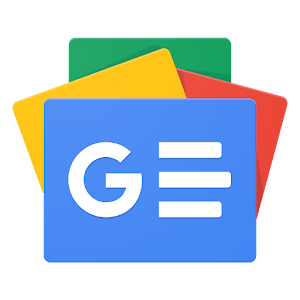Last week, Sarah Sunny made history after she became India’s first deaf lawyer to argue in the country’s Supreme Court. The 27-year-old appeared before Chief Justice DY Chandrachud, with the assistance of a sign language interpreter, marking a monumental moment for inclusivity in the Indian legal system. Observers believe that Sarah’s presence in the court will pave the way for a more accommodating legal system for the deaf community.
Sarah’s groundbreaking achievement was hailed as a historic and momentous occasion by senior lawyer Menaka Guruswamy. Sanchita Ain, the lawyer with whom Sarah works, emphasized the positive long-term implications of Sarah’s work, stating that it will inspire more deaf students to study law and help make the legal system accessible to the deaf.
Sarah Sunny, a resident of Bengaluru, has been practicing law for the past two years. However, in the lower courts of the city, she was not allowed to use an interpreter. Instead, she had to submit her arguments in writing. This was mainly due to judges’ concerns about their lack of legal knowledge to understand legal terminology. However, in the Supreme Court, an exception was made, and an interpreter was provided to assist Sarah during the proceedings.
The court’s decision to appoint an interpreter for Sarah was seen as a significant step towards inclusivity. The court stated that they are considering having interpreters for all constitution bench hearings to ensure that everyone can follow the proceedings. This move was appreciated by experts who believe that it will make the Indian legal system more accessible and inclusive for the deaf community.
Deaf people in India often face stigma and a lack of interpreters in courts, making it difficult for them to pursue a career in law. The Delhi High Court set a precedent in April 2021 when it allowed deaf lawyer Saudamini Pethe to appear in a case with an interpreter. The court also expressed its intention to appoint interpreters in the future for the benefit of both lawyers and judges. The Association of Sign Language Interpreters India has been tasked with developing protocols for interpreters, along with efforts to create a legal thesaurus in Indian sign language.
Sarah Sunny’s achievement has not only broken barriers but has also given a voice to the deaf community. It serves as an example for other offices and institutions to follow in providing accessibility to the deaf. It is hoped that Sarah’s success will inspire more deaf individuals to pursue their dreams and contribute to a more inclusive society.
In conclusion, Sarah Sunny’s journey as India’s first deaf lawyer arguing in the Supreme Court highlights the strides being made towards inclusivity in the Indian legal system. Her presence and the appointment of interpreters signify the commitment to make the legal system more accessible to the deaf community. This landmark achievement is expected to inspire and encourage more deaf individuals to pursue a career in law, ultimately fostering a more inclusive society for all.











